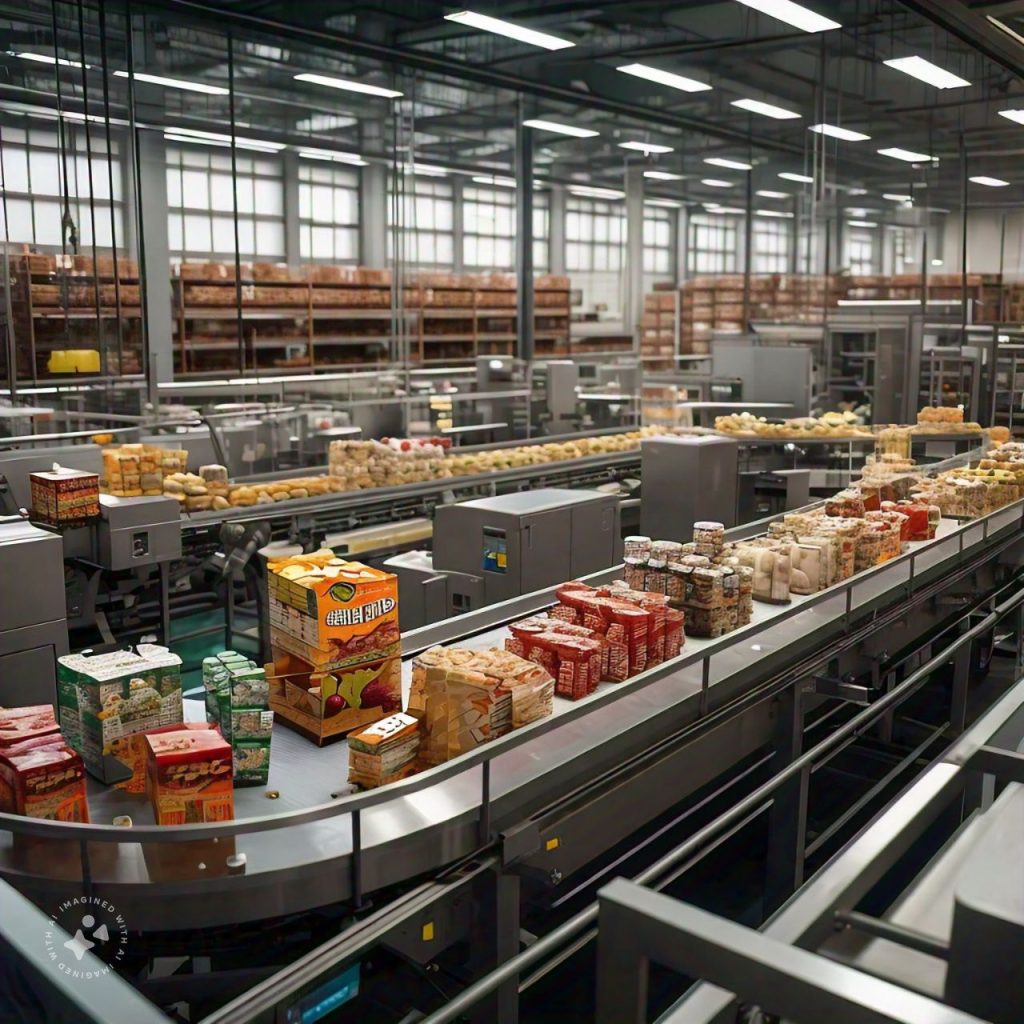
Understanding Kosher Certification Malaysia
Kosher certification is a rigorous process ensuring that food products adhere to Jewish dietary laws, known as Kashrut. This involves strict guidelines for the production, processing, and packaging of food items. For manufacturers in Malaysia, obtaining Kosher certification can open new markets, particularly within the growing Jewish and kosher-observant consumer base worldwide.
The Malaysian Kosher Market
Malaysia, with its diverse population and growing food industry, offers a promising landscape for Kosher certification. While the Muslim population predominates, the country also hosts a significant foreign community, including Jews. This, coupled with the increasing global demand for Kosher products, makes Malaysia an attractive location for Kosher-certified food production.
The Kosher Certification Process
Obtaining Kosher certification is a meticulous endeavor. It involves several key steps:
- Pre-audit Assessment: A preliminary evaluation of the factory’s facilities, equipment, and production processes is conducted.
- Documentation Review: The certification body scrutinizes the factory’s operational procedures, ingredient lists, and supplier information.
- On-site Inspection: A detailed inspection of the production facility is performed to assess compliance with Kosher regulations.
- Certification Granting: Upon successful completion of the audit, the certification body issues a Kosher certificate.
The Role of Kosher Certification Bodies
Several internationally recognized Kosher certification bodies operate globally, including:
- Supreme Kosher
These organizations provide expertise, auditing services, and certification to food manufacturers.
Benefits of Kosher Certification
Kosher certification brings numerous advantages to Malaysian food manufacturers:
- Expanded Market Reach: Access to the global Kosher market, including Jewish communities and consumers seeking Kosher products.
- Enhanced Brand Reputation: Demonstrates commitment to quality, purity, and adherence to strict standards.
- Consumer Trust: Builds trust among Kosher consumers, leading to increased brand loyalty.
- Potential for Export: Opens opportunities for exporting Kosher products to international markets.
Challenges and Opportunities
While Kosher certification presents significant opportunities, it also comes with challenges. These include:
- Strict Compliance: Adhering to rigorous Kosher regulations requires meticulous attention to detail.
- Cost Implications: The certification process and maintaining Kosher standards can involve additional expenses.
- Supply Chain Management: Ensuring that all ingredients and materials comply with Kosher requirements is crucial.
Despite these challenges, the growing demand for Kosher products and the potential for market expansion make Kosher certification a worthwhile pursuit for Malaysian food manufacturers.
Conclusion
Kosher factory certification in Malaysia represents a strategic opportunity for food manufacturers to tap into a lucrative global market. By understanding the certification process, working closely with reputable certification bodies, and addressing potential challenges, Malaysian businesses can successfully position themselves as providers of high-quality Kosher products.